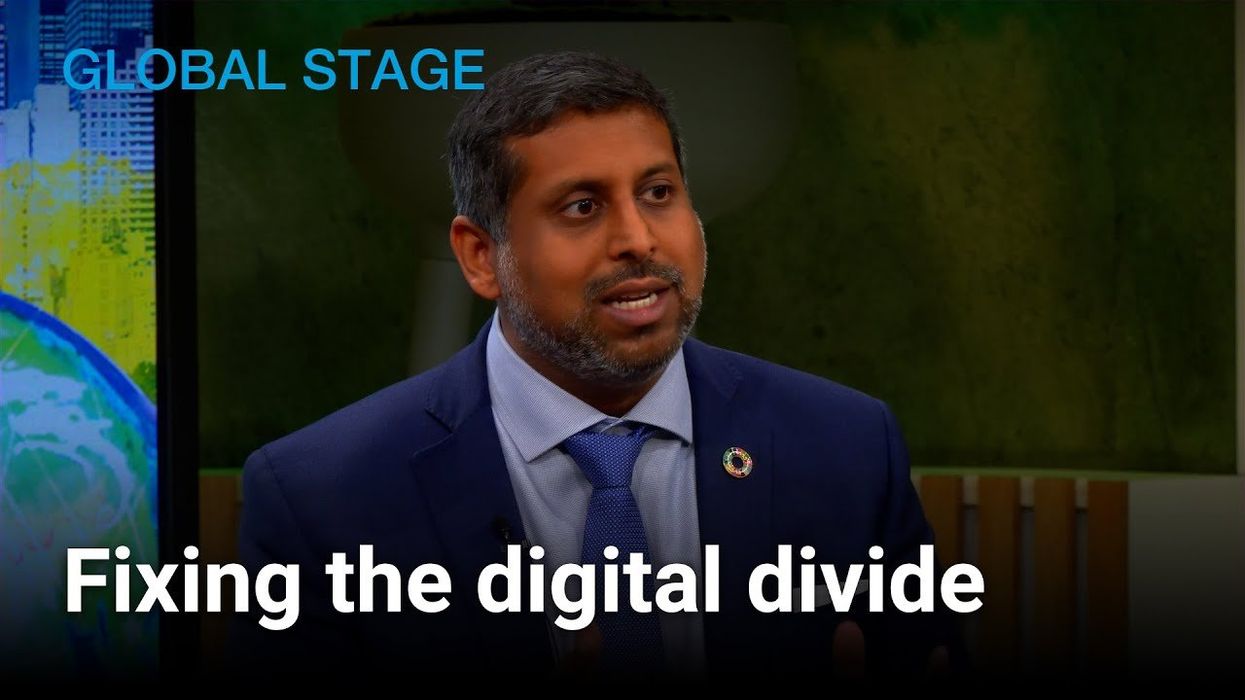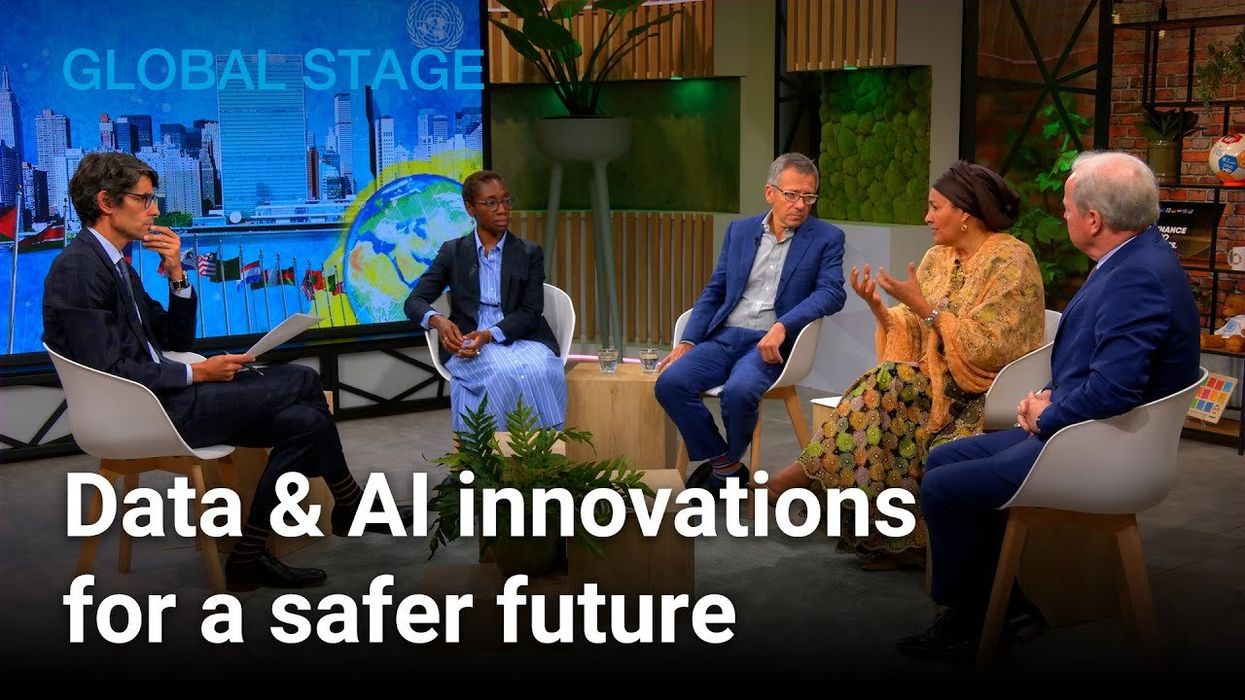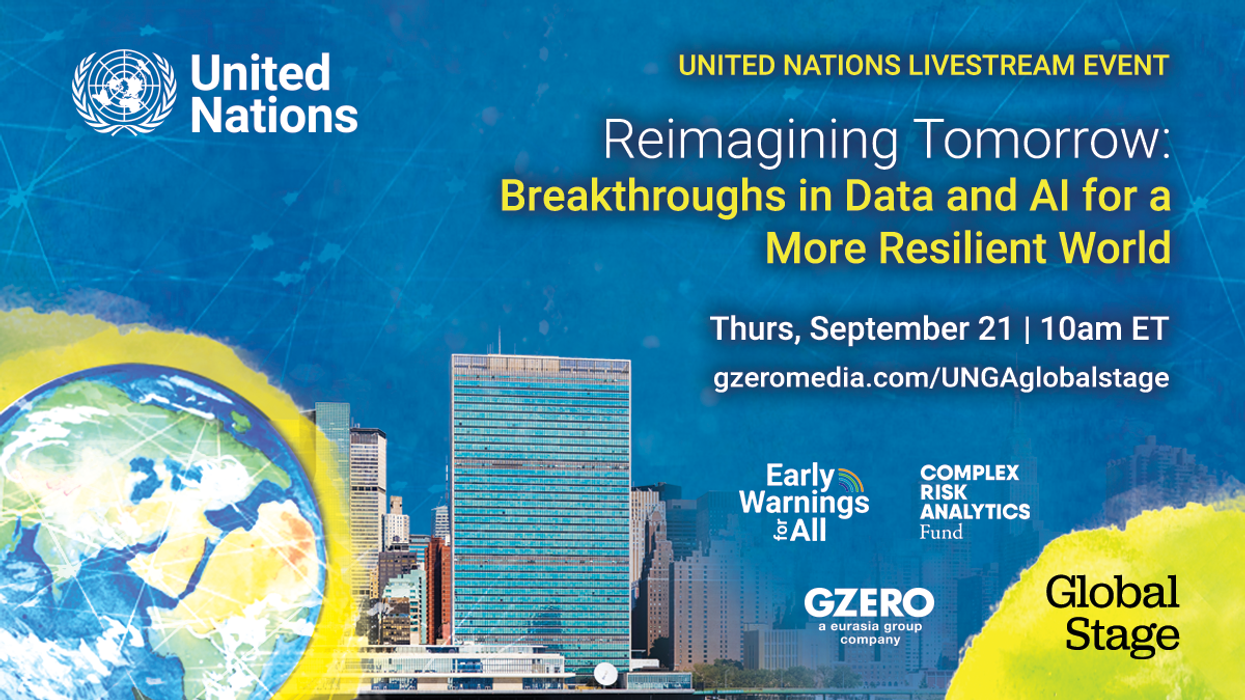Digital Governance
AI and data regulation in 2023 play a key role in democracy
Artificial intelligence and data have hugged the headlines this year, even at the just concluded 78th United Nations General Assembly. However, to be in the driving seat, Vilas Dhar suggests the people and communities at the heart of data collection be key regulators.
Oct 12, 2023




